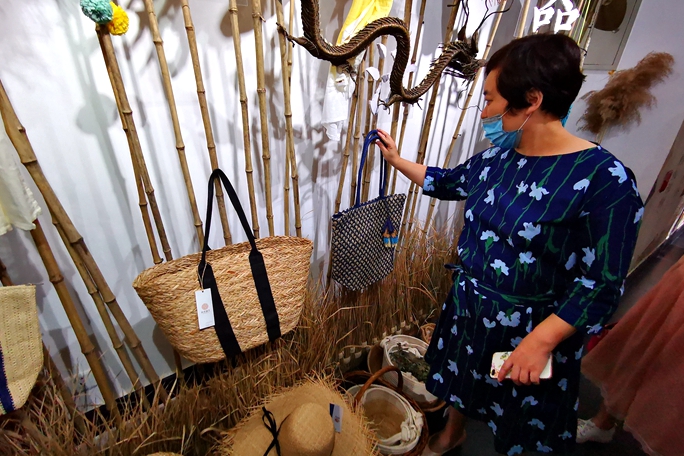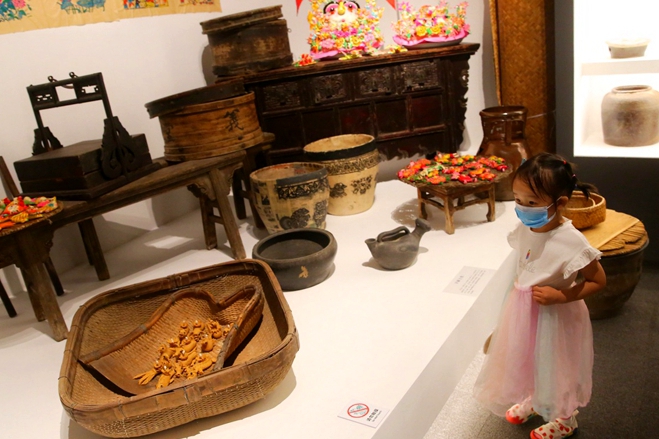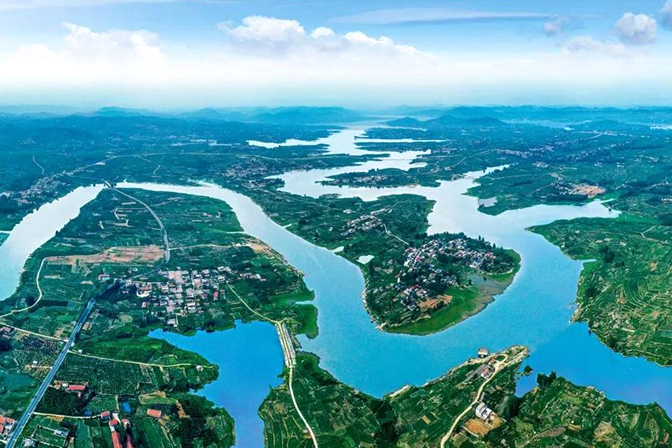Wartime memories: In gratitude
Xing Yi and Dong Xianwu
(China Daily) Updated: 2016-08-05
 |
|
Mary Previte, a survivor of a prison-of-war camp, meets her rescuer, Wang Chenghan, in Guiyang.[Photo by Yang Jun/ China Daily] |
A former New Jersey politician comes to Southwest China to find her hero, Xing Yi and Dong Xianwu report in Guiyang.
It is a cool afternoon in Guiyang, capital of Southwest China's Gui-zhou province, when Wang Chenghan puts on a traditional Chinese suit and waits to meet an old friend.
He hasn't seen Mary Previte in decades.
On Aug 17, 1945, two days after Japan had announced its surrender in World War II, a B-24 bomber took off from China's southwest. Onboard were six US soldiers and Wang, who was then a Chinese interpreter. The operation, dubbed "duck mission" was to rescue hundreds of people imprisoned by the Japanese in Weifang in East China's Shandong province.
Previte was in that camp, too.
"I never thought the day would come," Previte says, crying with joy upon seeing Wang, now 91.
Previte, 84, has come from New Jersey to Guiyang to thank Wang for the help that changed her life.
The Weihsien Interment Camp was one of the largest detention centers established by the Japanese for civilians from Allied countries living in northern China during World War II.
The rescue team did not know what to expect from the armed Japanese guards despite their surrender. The plane flew low while approaching the camp. Then, the door opened and they jumped.
"When I jumped out of the plane, the wind made me dizzy. I almost lost consciousness. Then a pain in my shoulder woke me up. I saw the ground," Wang recalls of his landing in a sorghum field near the camp. "It took fewer than 10 seconds."
And it was Wang's first time parachuting. Then 20 years old, he had only received basic simulation training on the ground. They didn't have to fight with the outnumbered Japanese guards to take over the camp, and were welcomed by thrilled internees, who didn't know they were free until they saw the US plane.
Recalling her memories of that day, Previte says: "I had a stomach pain and was in bed, but I heard people crying and shouting outside ... They rushed out of the camp gate to welcome the heroes.
"When I saw the American plane hovering, my ache disappeared."
In the following weeks, the rescue team registered the interned civilians by nationality, then coordinated with the Allies to send them back home.

 Shandong Culture and Tourism Consumption Season
Shandong Culture and Tourism Consumption Season Culture, tourism sectors pick up in Shandong as epidemic wanes
Culture, tourism sectors pick up in Shandong as epidemic wanes

